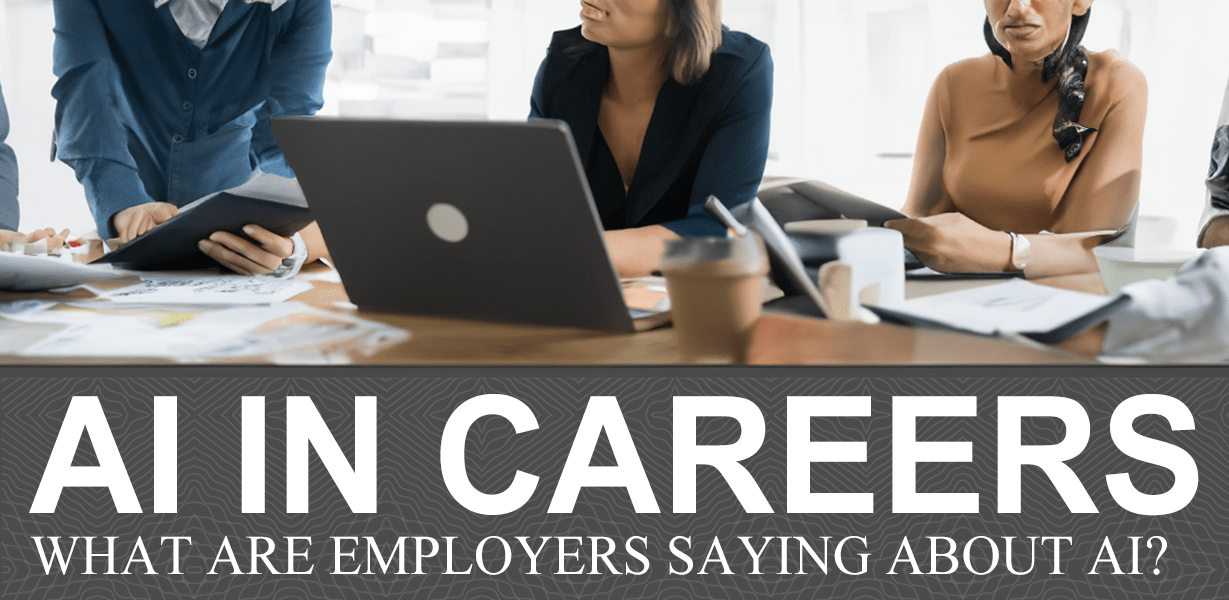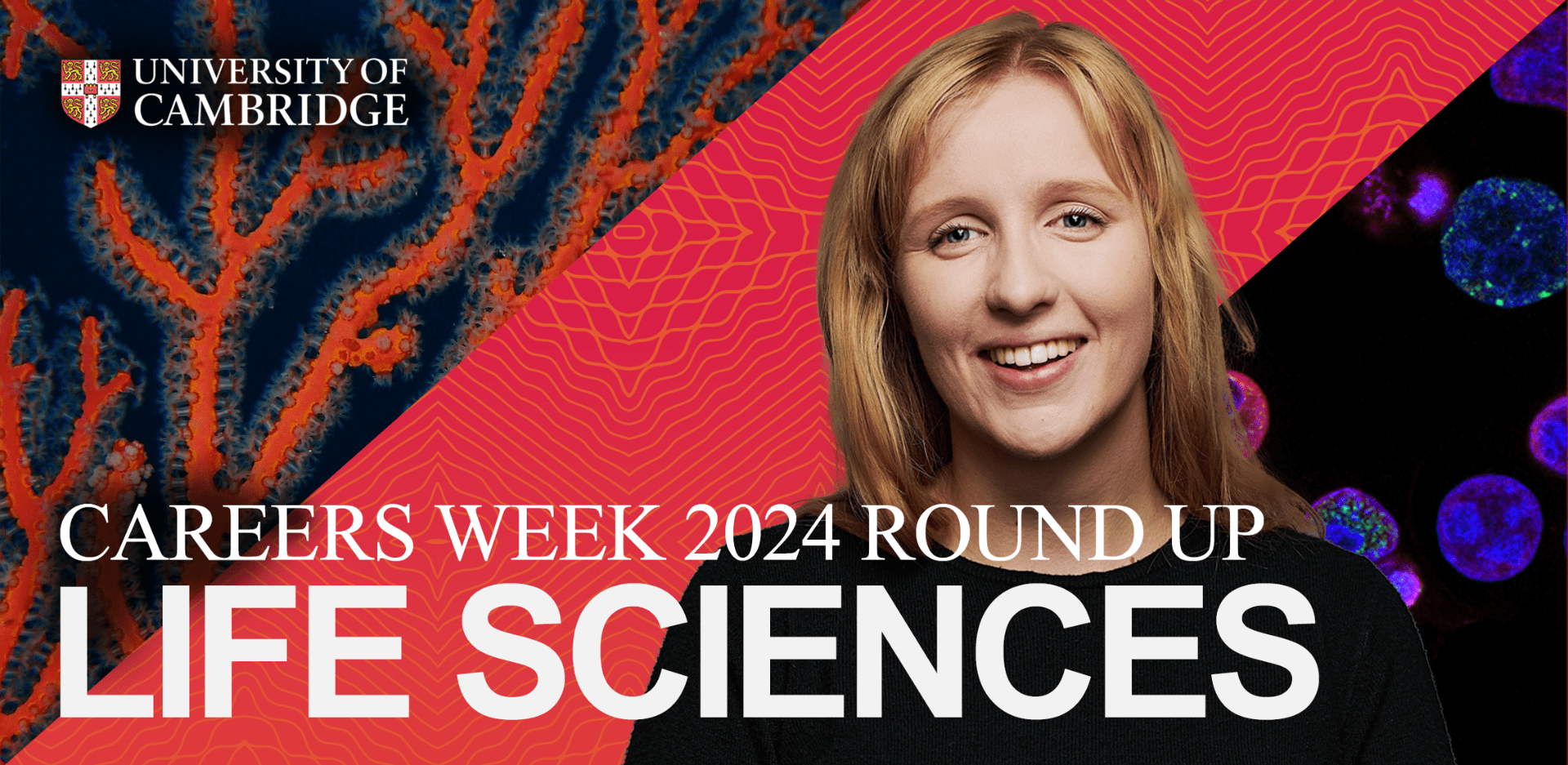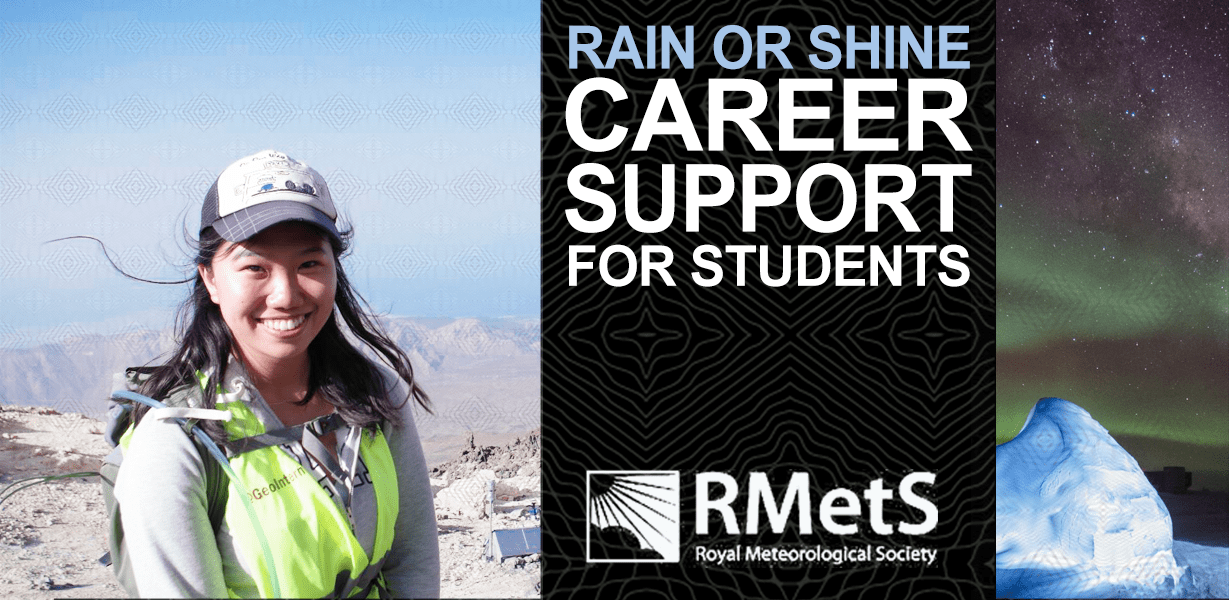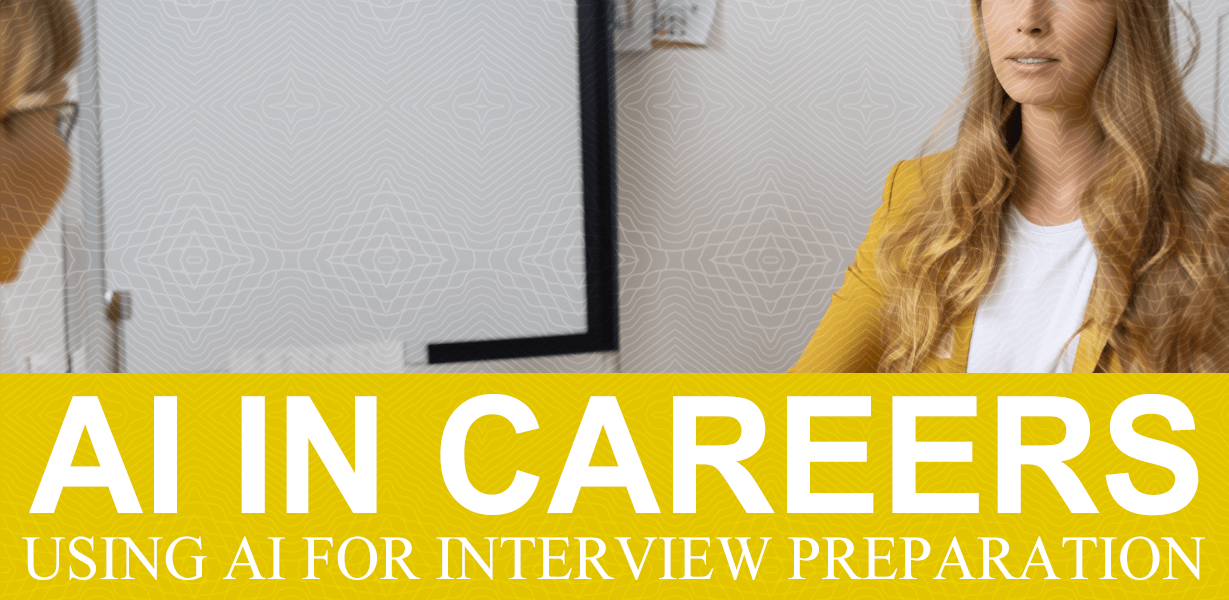As part of our AI in Careers blog series, we surveyed some of the employers we work closely with. This blog captures what they’ve told us about how they are using AI in their recruitment alongside their top tips for students and researchers using AI to support them with applications and interviews
How are employers using AI in their recruitment processes?
- Using Applicant Tracking Systems (ATS) that automatically screen applications based on minimum academic criteria, facilitating the selection process.
- Using AI algorithms to match applicants to internship opportunities based on their preferences for sector and location
- Integrating AI technology into their on-demand video interviewing process. This tool assists in ranking candidates, allowing for “focused efforts on high-potential candidates and filtering out less effective communicators”.
The employers were keen to reassure students and potential candidates that AI isn’t ‘taking over’. They are in the very early stages of using it from a recruitment point of view. The emerging theme is that humans are still very much a part of the recruitment process, reviewing application material, video interviews and forming interview panels.
What do employers think about students and researchers using AI to support applications?
“If an AI tool can help an applicant craft a CV, cover letter, or performance review that better conveys their skills and experience, use it! I would apply this perspective to any tool, including grammar checkers and resources on CV, cover letter, and performance review writing. Why should AI be excluded?” – respondent from a large multinational professional services firm.
Overall, employers are positive about students and researchers using AI, but recommend using it with caution.They offered lots of practical advice and tips about how you might use AI to support you when applying for opportunities.
- Maintain your authenticity – for many employers, their concern is not that applicants are using AI, but that they may become over-reliant on the tools and therefore the applications become more reflective of Chat GPT than you as individuals, making it tricky for you to stand out in a competitive job market.
“I think that if a candidate uses ChatGPT to refine their answer to a question, or uses it as a starting point to generate a rough answer to a question that they then personalise that is absolutely fine. This simply replicates how someone could use it in a work environment…I think the drawback could come if applicants develop an over-reliance on it, and that their applications end up straying too far from being a true reflection of them.” – respondent from an international IT consultancy firm - Personalise your applications – if you use using AI to assist with applications, always add personal details and your own motivations to ensure the content sounds natural and specific to you. “AI tools cannot speak to your experiences and skills as effectively as you can” says a respondent from a multinational professional services firm.
“AI can provide structure and suggestions, but your unique insights and genuine responses will differentiate you in a competitive job market.” shares a respondent from a parent company of a set of large multinational businesses - Avoid directly copying – use AI as a tool to support your writing and overcoming the writers’ block that comes with a blank page. AI can provide you with a structure and word choice to get you started. Avoid directly pasting chat GPT responses into your applications, some recruiters can easily detect copied content.
- Complement your skills with AI – use AI tools to refine materials and prepare for interactions but ensure your personal touch and critical thinking shine through to differentiate yourself in the job market.
In summary, using AI can prevent you from standing out for the right reasons. Remember if other applicants are using similar prompts, they’re likely going to generate similar answers and application responses. Likewise, employers can put in an application or interview question and see the response chat GPT generates so they will be able to see if you’ve lifted something without personalising it to you. While employers may not always have systems in place to detect the use of AI, the are often cues that enable them to recognise when the work is not fully your own.
“When evaluating candidates, it’s challenging to be entirely certain if they have used AI to craft their responses. However, we often find it evident when candidates have done so, as their delivery may sound unnatural or they appear to be reading off the screen. Such responses lack authenticity, are predominantly factual, and are missing personal insight and perspectives…To identify stronger applicants, we sometimes ask follow-up questions that encourage them to elaborate on their responses and share their own thoughts.” [Parent company of a set of large multinational businesses]
Practical steps – what next? Actions?
- Try out AI tools but ensure that any generated content still reflects your own voice and personality.
- Double-check any ‘advice’ from AI with trusted sources like your Careers Service.
- Check out this article on Automation, AI and the future of jobs – News & insight – Cambridge Judge Business School
- Access more practical tips and advice for using AI to support your applications and career planning in our AI blog series!
- Read this ISE blog on whether generative AI should be banned in job applications.





